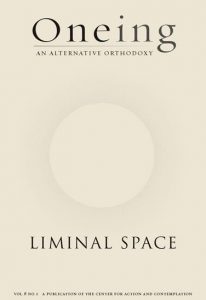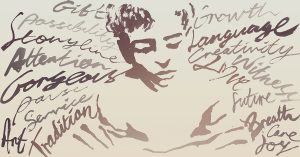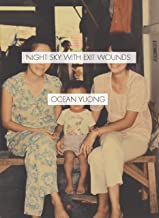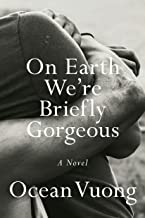Liminal Space
A liminal or threshold experience can take many forms: a time of birth, a transition from life to death, or even a global pandemic that shuts down the status quo and forces us into silence and solitude. Liminal spaces, as Richard Rohr writes in the new issue of Oneing, enable us “to see beyond ourselves to the broader and more inclusive world that lies before us. When we embrace liminality, we choose hope over sleepwalking, denial, or despair. The world around us becomes again an enchanted universe.”
Liminal space is where we are betwixt and between, having left one room or stage of life but not yet entered the next. -From Farther Richard Rohr
Hardly anything turns out the way you expected it to, and you’re frequently ready to write life off as too paradoxical and too difficult to endure. Then some indescribable light fights its way through the impenetrable dark. –Paula D’Arcy
There is deep beauty in the darkness, in the unknowing, in the indescribable, if only we can open ourselves to its purpose. –LaVera Crawley
What if we can choose to experience this liminal space and time, this uncomfortable now, as a place and state of creativity, of construction and deconstruction, choice and transformation? –Sheryl Fullerton
Into this liminal realm, between the known and the unknown, we are invited to enter if we are to learn more of the way forward in our lives as individuals and as communities and nations. –John Philip Newell
Without standing on the threshold for much longer than we’re comfortable, we won’t be able to see beyond ourselves to the broader and more inclusive world that lies before us. -RR
Eco-theologian Thomas Berry says the universe is so amazing in its interrelatedness that it must have been dreamt into being. He also says our situation today as an earth community is so desperate—we are so far from knowing how to save ourselves from the ecological degradations we are a part of—that we must dream the way forward. We must summon, from the unconscious, ways of seeing that we know nothing of yet, visions that emerge from deeper within us than our conscious rational minds.
On Being.
Ocean Vuong:
“The great loss is that we can move through our whole lives, picking up phones and talking to our most beloveds, and yet, still not know who they are. Our ‘How are you?’ has failed us. We have to find something else.”
Before time.
Writer Ocean Vuong has long noticed how we grow numb to language when it’s ubiquitous, rote, rehearsed — and what’s at stake when we stop examining the words we use. Krista spoke with him at On Air Fest in Brooklyn back in March, just days before the World Health Organization declared coronavirus a global pandemic. Even then, he said “How are you?” doesn’t go deep enough.
“When you’re using language, you can create it, use it to divide people and build walls, or you can turn it into something where we can see each other more clearly, as a bridge.”
Maybe this is one way of asking: How can we choose words that allow us into one another’s lives, especially in a time when language is one of our few remaining ways to connect? Vuong beckons us toward the freshness of tomorrows, just at the tips of our tongues. -Krista Lin, Editor, the On Being Project.
Ocean Vuong is a Vietnamese-American poet, essayist and novelist. He is a recipient of the 2014 Ruth Lilly/Sargent Rosenberg fellowship from the Poetry Foundation, a 2016 Whiting Award, and the 2017 T.S. Eliot Prize for his poetry. His debut novel, On Earth We’re Briefly Gorgeous, was published in 2019. Awards: MacArthur Fellowship, T. S. Eliot Prize, Whiting Awards, Dylan Thomas Prize




Leave a Reply